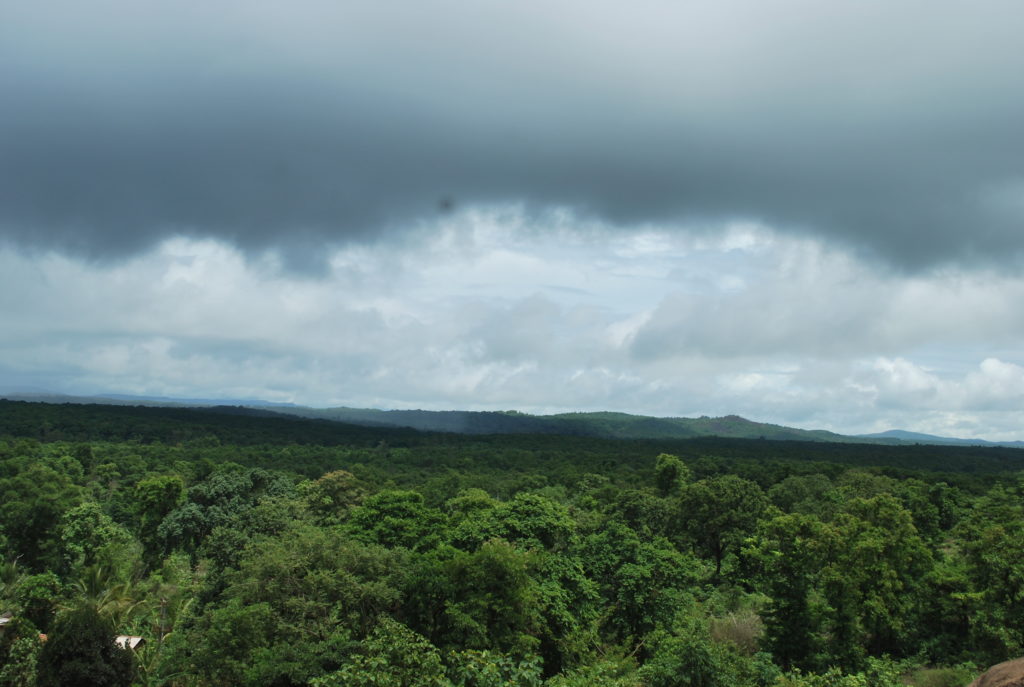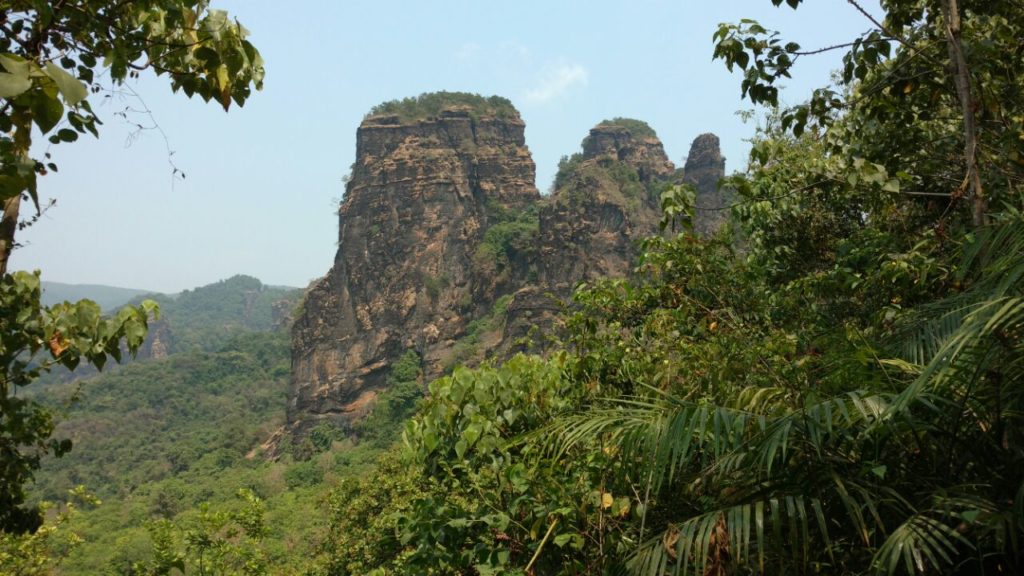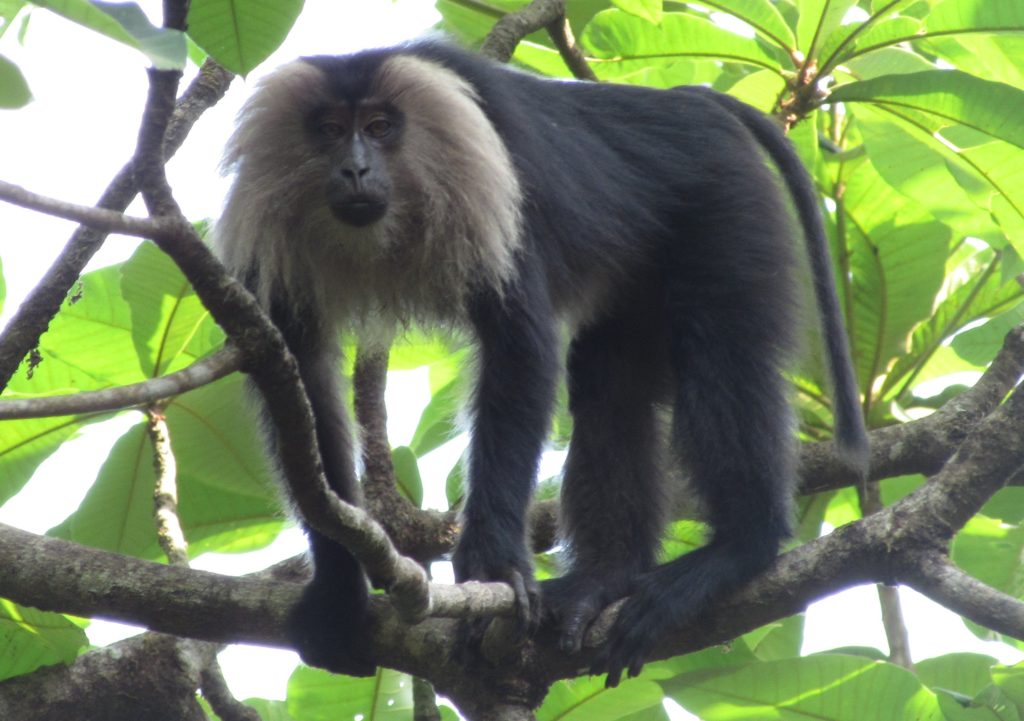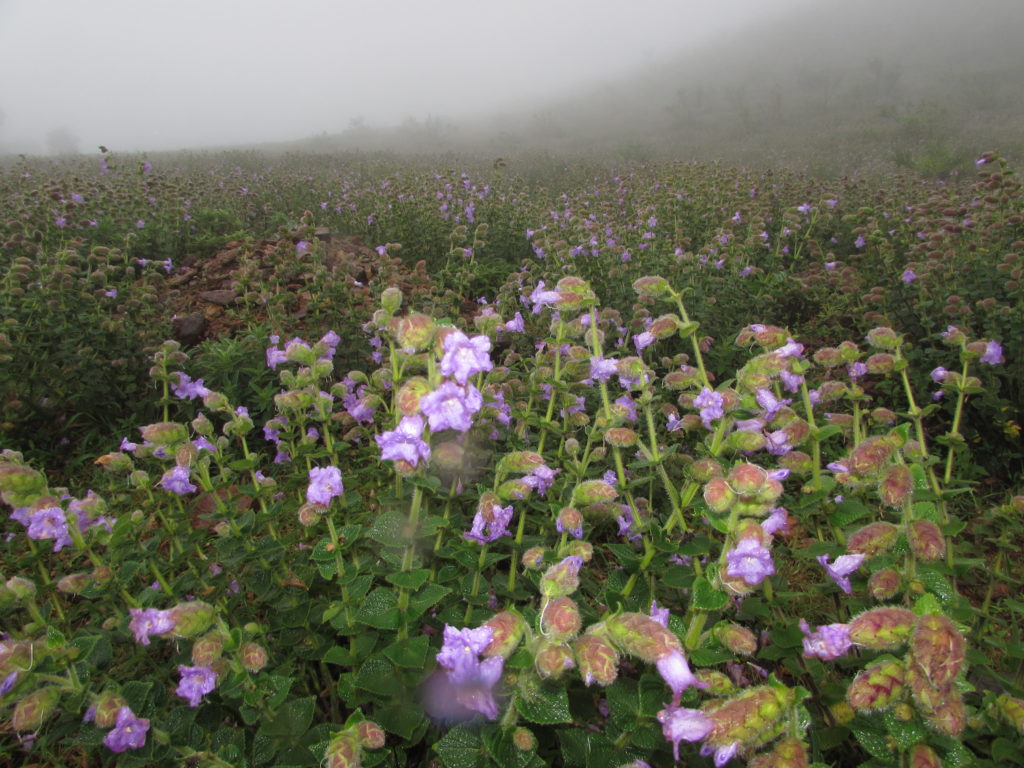Green Minute News
Come Saturday, a people’s movement comprising various individuals and groups under the United Conservation Movement unfolds on the unchecked implementation of power projects (Kaiga and Sharavathi) and transmission lines in the eco-fragile Western Ghats. A peaceful protest has been organized at Town Hall, Bengaluru at 11 am.
Activists say Western Ghats; one of the world’s biodiversity hot spots which sustains and nourishes the semi-arid regions of Karnataka is home to many rare flora and fauna as also hundreds of endangered species inhabiting a plethora of forest types including rich evergreen rain forests.

With the Centre and State governments going ahead with the expansion of Phase V and VI of the Kaiga Nuclear Plant for adding another 1400 MW as also the Chief Minister (being the state wildlife board chairman) giving permission for geo-technical survey and studies in Sharavathi Valley Lion Tailed Macaque Sanctuary, activists have decided to take the protest route and maybe the legal route to stop such disastrous projects in the Western Ghats. The expansion of Kaiga will be catastrophic not only to the rich biodiversity but also to precious water resources and health of the people living in this region, they add.
Further, the 400 KV power transmission line has been a cause for serious concern as it will pass through biodiversity rich forests. For supplying power to Goa, 177 hectares of forest will be diverted in in three districts of Karnataka. About 6.61 kilometer of the power line will in fact fall in the Dandeli Wildlife Sanctuary.

In the last few decades, Uttar Kannada has seen a drastic reduction in its forests from 70 to 25 per cent of its land area and all due to infrastructure, rail, road and power projects. According to a 2011 report of MoEF, forests around Kaiga power plant is considered to be some of the best tropical forests in the world. This has very high ecological value, rich tropical biodiversity and home to some unique species. The report concludes that Western Ghats, of which these forests are critical parts, are the backbone of the ecology and economy of South India, and also very good carbon sequestration system apart from being the water fountains of Peninsular India.
Wildlife activists, environmentalists and experts have already submitted a detailed memorandum on the three project proposals – the expansion of the Kaiga Nuclear Power plant, the 2000 MW Sharavathi Pumped Storage Power Project and the 400 Kv Power transmission line from Karnataka to Goa. All these projects pass through through wet evergreen tropical forests of the Western Ghats and the user agencies have asked for diversion of hundreds of hectares of forest land.
Concerned by the plethora of projects being taken up in the eco fragile Western Ghats regions, activists have sent a detailed memorandum to Prime Minister Narendra Modi, the MoEFCC, and Karnataka Chief Minister B S Yeddyurappa, forest minister, chief secretary and forest secretary.

Photo Credit – G Veeresh
The memorandum states that all the project proposals are in the core areas of the Western Ghats, wildlife sanctuaries and in the eco sensitive zones that have been notified by the Centre. “This will lead to destruction of thick tropical rain forests which are of highest value to humans, from the perspective of Climate Change.They will not only destroy rich biodiversity involving thick patches of forests and water sources, but also lead to fragmentation of wildlife corridors for tigers and lion-tailed macaques (LTMs).”
Such destruction will have serious implications on the local water resources, thereby, impacting wildlife and humans, as well as the rainfall pattern. Further, destruction of such thick patches of forests and biodiversity will be suicidal for the overall welfare of the people of Karnataka, which is the second driest state in the country after Rajasthan. Each of these projects is techno-economically non-viable as they are enormously costly to the society with many eco-friendly and cheaper options available to meet the same objective.

Photo Credit – G Veeresh
The concerned authorities are guilty of ignoring the dire necessity to engage the civil society groups and domain experts in deliberating on the pros and cons of these projects, especially in view of the fact that there have been massive protests in the recent past against such destructive projects in the ecologically sensitive Western Ghats.
Activists say, “There will be sustained opposition to these project proposals unless the authorities can satisfactorily explain the dire need for these projects and also establish beyond reasonable doubts to the civil society that the overall benefit from these project clearly outweigh the total costs to the society.”


Comment here